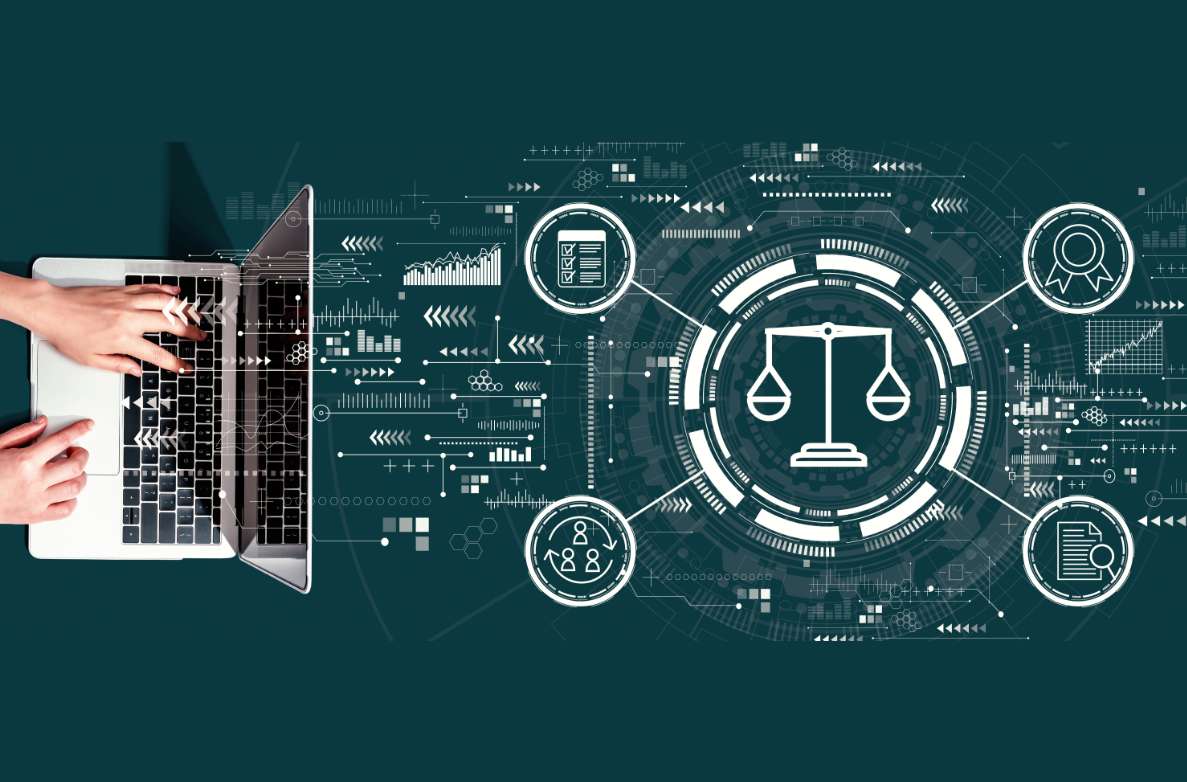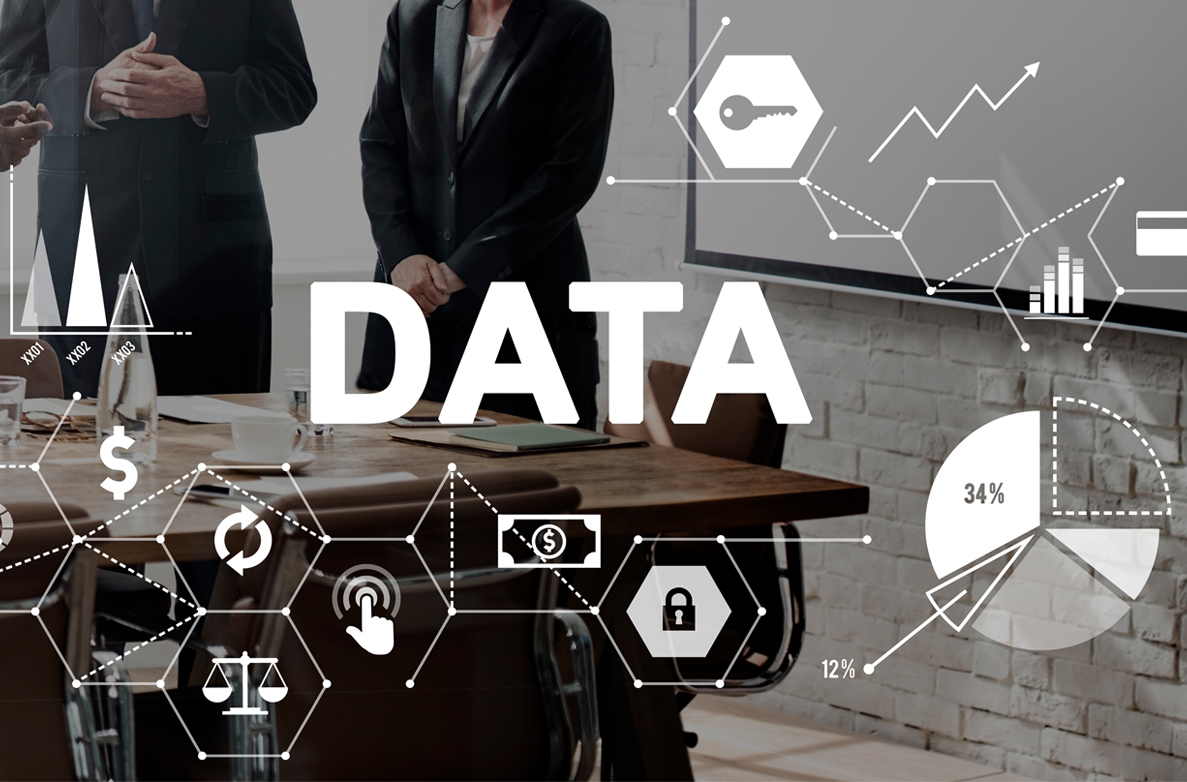Emerging Tech 3 years ago
Answers to the 5 Most Frequently Asked Questions on Legal Analytics
With the term ‘Legal Analytics’ now under intense scrutiny, we answer a few basic questions about it and its influence over the practice of law

Contrary to popular misconception that the legal industry in the country is still hesitant around technology, several legal representatives, from lawyers and law firms to nation-wide courts and tribunals, have taken keen interest in the rapidly developing streams of legal technology – particularly the fields of Artificial Intelligence and the AI-enabled solutions that assist in Legal Analytics. With that very term now under intense scrutiny, we decided to answer a few basic questions around Legal Analytics and its influence over the practice of law.
What is Legal Analytics?
Legal Analytics is generally defined as the specific branch of legal tech that makes smart and efficient use of data – lots of data. Using programmes like machine learning, natural language processing and artificial intelligence, a legal analytics platform will be able to sort and search through massive amounts of data in mere minutes – from case filing and court decisions to a law firm’s own matter management data – and draw insights and evaluate emerging trends; all the while easing a job that otherwise would have used up a substantial amount to time and resources.
How can lawyers, law firms and judicial bodies benefit from it?
With thousands of petitioners seeking justice every day, it falls upon judicial bodies to be quick, efficient and transparent and make sure that the law remains accessible to all. This is where Legal Analytics plays a crucial role. Legal Analytics tools can help practitioners make data-driven insights and decisions on the feasibility of a case, the possible effects expert witnesses or crucial evidence might have on a case, the probability of motion outcomes, the estimates of verdicts or settlements, or even the time trajectory of the case – saving time, money and effort on all parts and making the judicial process more accessible and equitable.
Where do Legal Analytics come from?
As mentioned above, Legal Analytics is only substantiated by data – specifically large amounts of litigation data. This data can be collected from many sources like court dockets and filings, the firms’ case and matter management information or even public records that disclose case proceedings and other details. Any and all information – from how a particular judge handles a particular type of case, to who the lawyer has represented before and what their previous outcomes have been – can all make or break the case. A Legal Analytics platform is only as efficient as the nature of the data it is supplied with. The more nuanced and detailed the data, the higher the rate of accuracy and efficiency.
Who is a Legal Analytics expert?
With Legal Analytics being the buzz word, several law firms and judicial bodies have begun to hire their own in-house Legal Analytics experts. Legal Analytics experts or Legal Analysts are specialists who support and assist lawyers and legal teams. They conduct legal research, assemble legal documents and evidence, maintain databases and track, organise, assess and file documents. Armed with an adept knowledge of the law and with a keen handle on
emerging technologies, Legal Analytics experts are professionals who expertly navigate the newly charted waters of legal and justice technology.
Are Legal Analytics financially viable?
While the practice of law is mostly altruistically motivated, it would be naïve to ignore that the practice is still a business and lawyers and law firms need to succeed in order to survive. Legal Analytics tools cut down on the obvious costs of time and human resource spent on arduous tasks, yes, but they also help lawyers and law firms weigh the likely cost of a case against its financial reward. What might seem counterintuitive in the beginning, might ultimately end up saving the law firm a substantial amount of time, money and effort – allowing for a higher case count and success rate. In fact. A 2020 study conducted by ALM Intelligence® and LexisNexis® concluded that 90% of its participants felt Legal Analytics made them better legal practitioners. And here, we rest our case.



